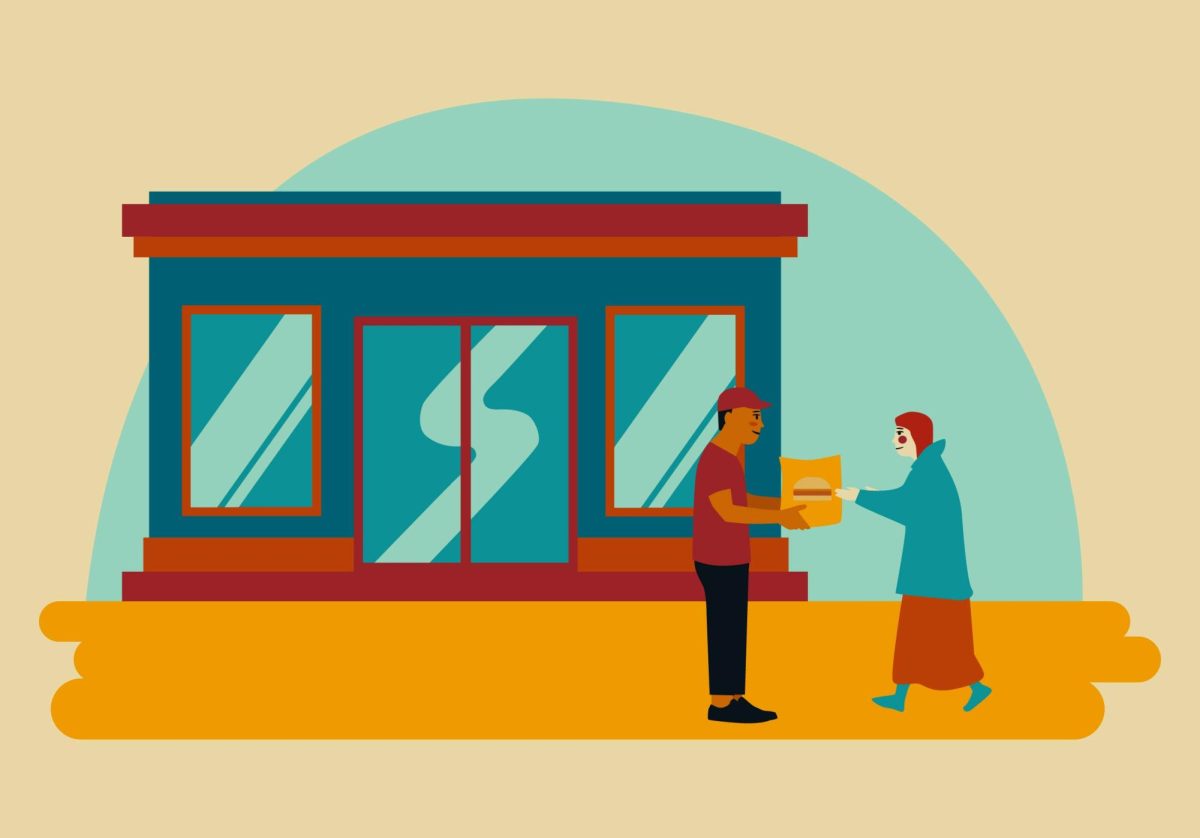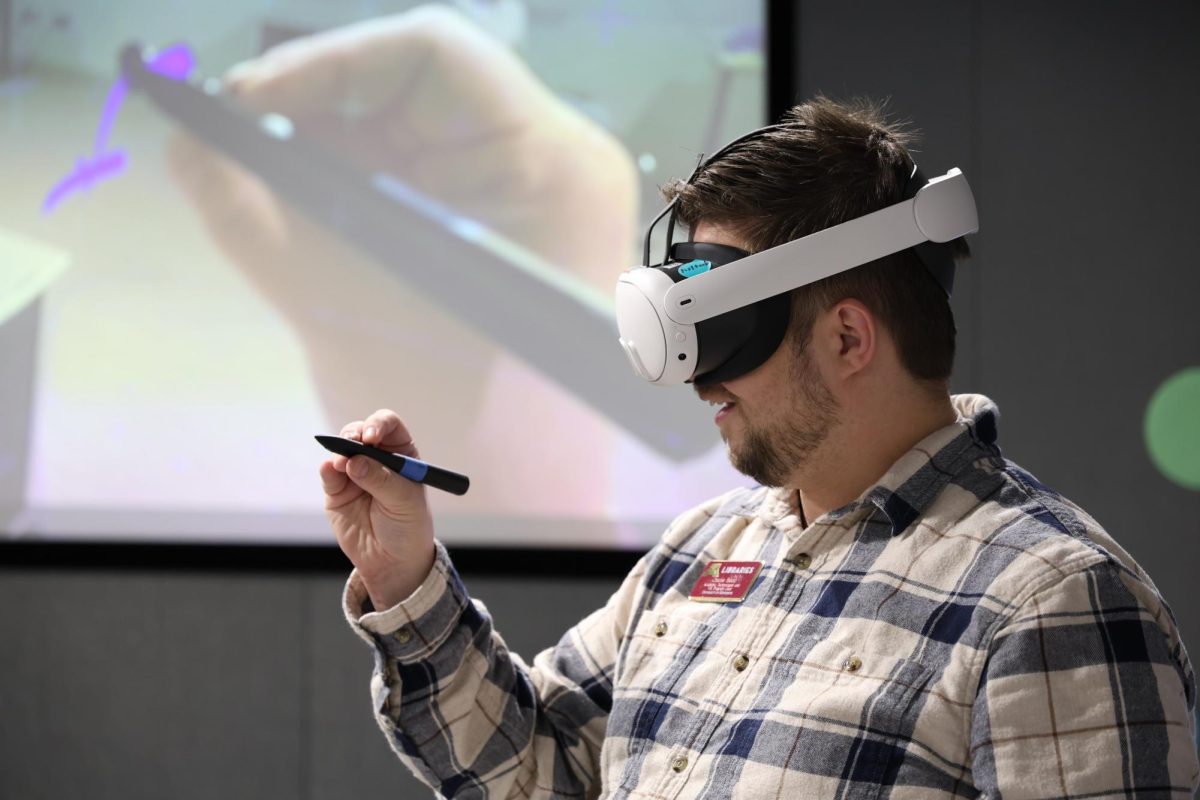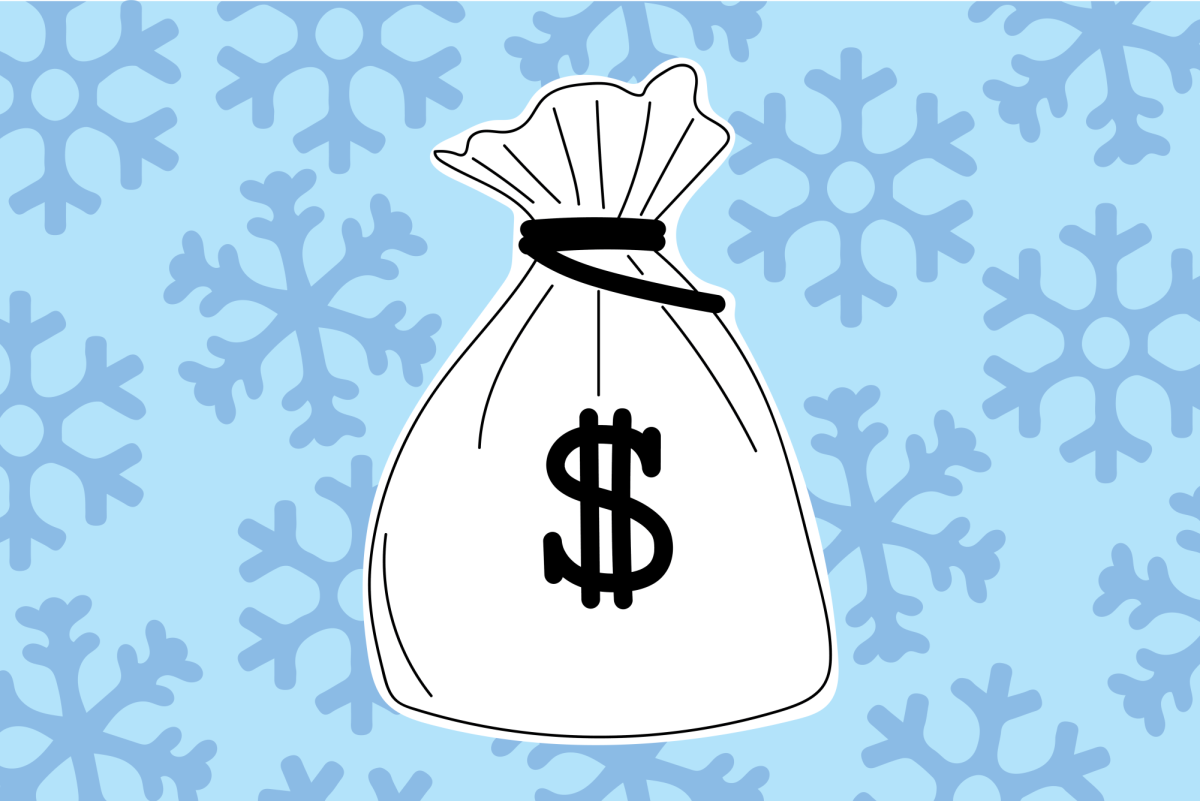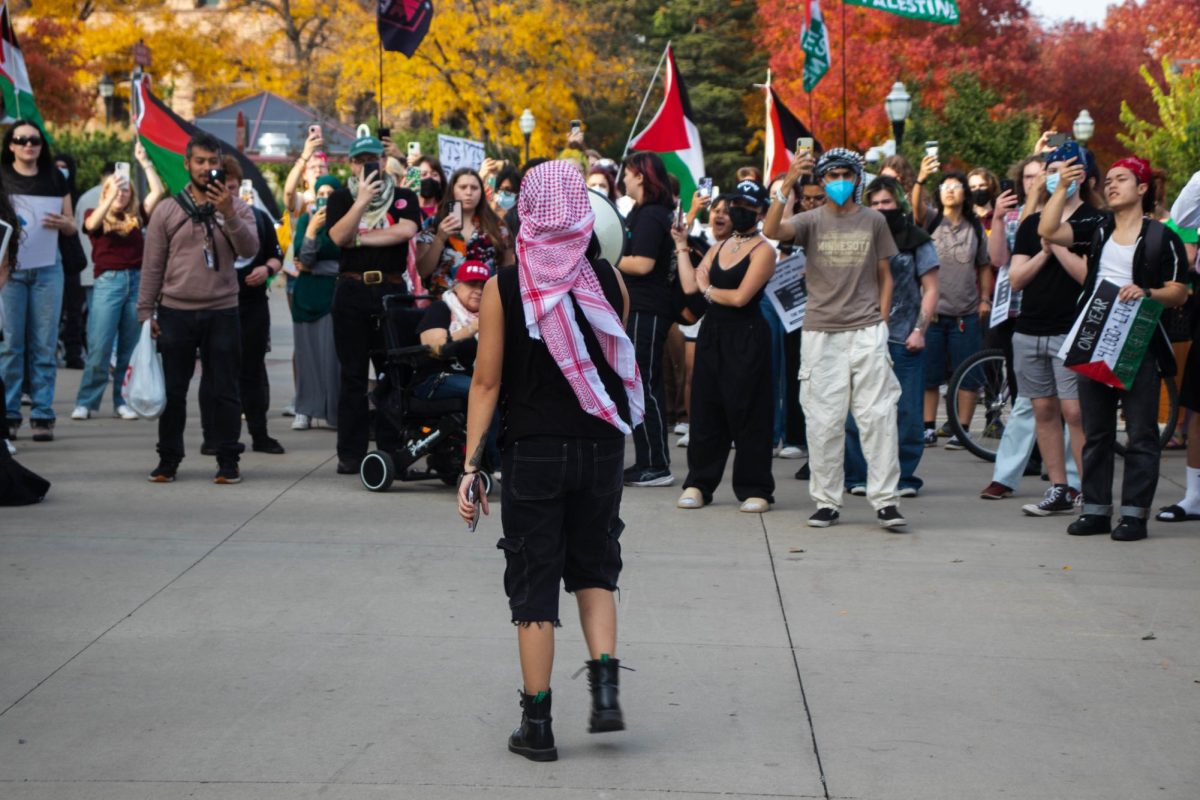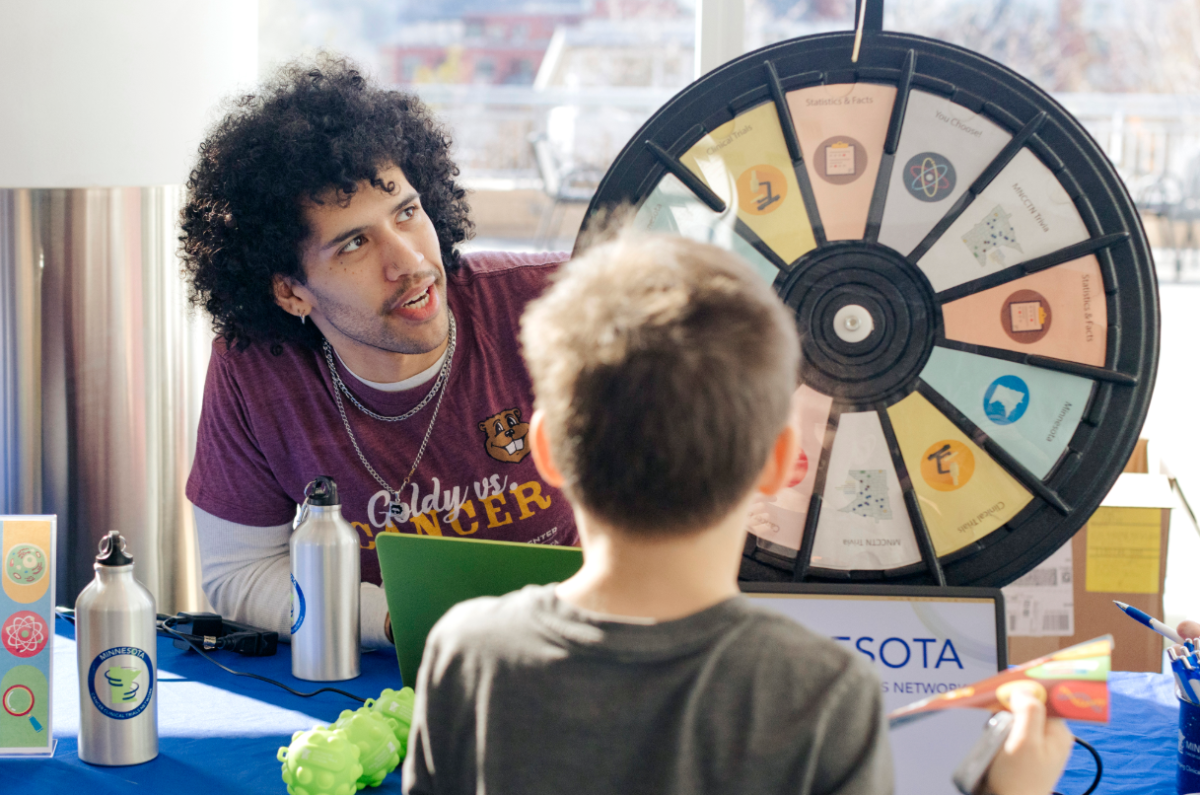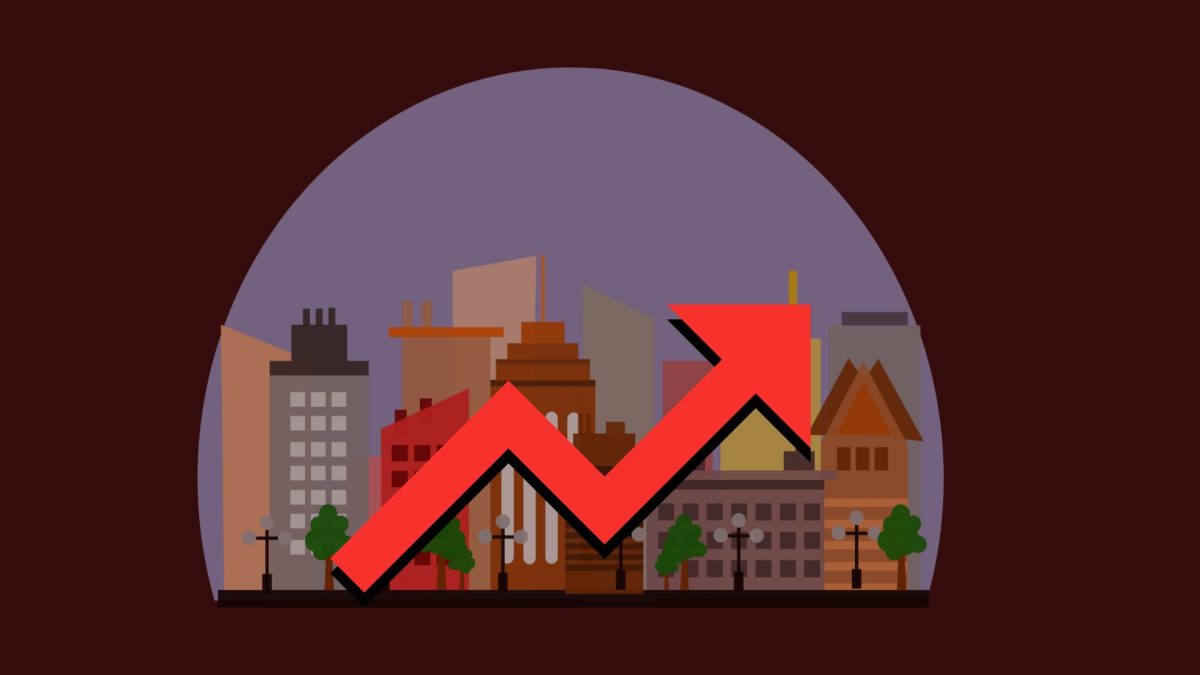Too Good To Go is an app that allows restaurants and food places to sell their leftover food at the end of the day at a discount, instead of throwing it away.
While the app is big in other cities, it is new to the Twin Cities, having been introduced this past summer and fall. At the University of Minnesota, some students are working to bring the app to more restaurants near campus.
Avery Erickson, a third-year student in the College of Food, Agriculture and Natural Resource Sciences (CFANS), is one of the students working on encouraging businesses to sign up for the app as part of her year-long food service management class. She said her group started working on a project this fall to promote the app in different restaurants in the community to reduce food waste.
“We were like right at the beginning of it, we started to kind of look into it and use it as our project,” Erickson said. “We’ve already had a success of signing someone up.”
According to Erickson, her group was able to sign up a bakery from Mill City Farmers Market on the app last semester.
“Now we can see all their stats of food that they’ve rescued and all of the good stuff that they’ve done with it so far,” Erickson said.
People can use the app to scroll through the restaurants that have food available, purchase them through the app and then pick up the surprise bags at the restaurant. According to Erickson, a lot of the bags are usually priced from $3.99 to $8.99, depending on the price of the food left over.
Sydnee Yengo, a third-year CFANS student working on the project, said their group has talked with a lot of restaurants but has not had a lot of success.
“We wanted to get more restaurants on it, but we’ve had like a little bit of a hard time with the restaurants around campus because some of the bigger chains are not very easily able to start this,” Yengo said.
According to Yengo, they are now focusing on outreach and teaching students more about the app.
Erickson said people either know what the app is or have no idea about it.
“I went into a few restaurants in Dinkytown talking about it and there were a few people that were like, ‘Yeah, I’ve heard of the app, but we’re just not on it yet,’” Erickson said.
Faith Jepson, a third-year student, said she had never heard of the app before but thought it would be a good idea for preventing food waste.
“I’ve never heard about it, but if I knew about it, it would definitely be an incentive to go to more places too, so I think it would increase business,” Jepson said.
Alyse Fraase, a third-year student, said she had heard about Too Good To Go through social media but has not used it herself.
“This is important,” Fraase said. “Lots of college students already order food regularly through apps like DoorDash, and the restaurants that they order from likely generate a decent amount of food waste that they might as well be selling, and so I think this app has something for everyone and is an easy way for consumers to make more sustainable choices.”
Fraase added she would like to see more popular restaurant chains like Raising Cane’s on the app, as these places draw a lot of student traffic and are due to take part in sustainability solutions.
Mochi Dough is currently the only restaurant in Dinkytown on the app.
Erickson said Mochi Dough’s to-go bags sell out very quickly, so there must be a good amount of students who know about the app.
“There’s definitely a good following that uses it there, so that’s why we’re like, ‘Oh, if more people in Dinkytown got on it, they would be successful,’” Erickson said.
Despite the one success, Erickson and Yengo said they have difficulty getting restaurants interested in the app.
Erickson said she went to every restaurant in Dinkytown and found that while many were willing to look into it, it was difficult to get in contact with managers or workers who seemed to care.
“That was kind of good to know, but it is really hard, especially with so many of [the restaurants] being where they make it for the person,” Erickson said. “It’s like made to order so they don’t really have food waste where they just make the food when it’s needed and save that food waste in a way.”
Erickson added it was important to try to let restaurants know the app is user-friendly, and according to Yango, the bakery from Mill City Farmers Market has had success using the app.
Yengo added it is important to bring awareness to the availability of food on campus.
“I think it’s just like trying to bring awareness to the issue of food availability on campus and also incorporating that food waste part,” Yengo said. “The way that the app works with both is kind of awesome.”


